Showrunner Chris Chibnall finished up his tenure on Doctor Who last weekend, and it’s interesting to go back and revisit his first season overseeing the series.
Chibnall took over following showrunner Steven Moffat. By that point, Doctor Who had been around as a franchise for over half a century. The revival had been running on BBC for 10 full seasons, producing more than 100 episodes over 12 years. The show had built up quite a bit of internal continuity in that time, establishing a format and structure that viewers had come to accept as what the show looked and felt like.
When Chibnall assumed control of Doctor Who, there was a sense that he wanted to clear the decks. When his first season launched in October 2018, it felt like an attempt to create a fresh start for the long-running franchise. It was a potential “jumping on” point for fans who might have been too young to start watching when Russell T. Davies relaunched Doctor Who with “Rose” back in March 2005, or perhaps even for newcomers enticed by the promise of Jodie Whittaker as the show’s first female lead.
Chibnall famously boasted in press that his first season would feature “no returning monsters,” and he kept his word. Chibnall’s first season didn’t include any of the classic Doctor Who antagonists: the Daleks, the Cybermen, the Sontarans, the Weeping Angels, or the Master. When Chibnall brought back a lone Dalek in his first New Year’s special, “Resolution,” it felt like a big deal. Chibnall managed to make the return of one of the franchise’s most overexposed villains into an event.
Even aesthetically, that first year created a clean break with what came before. For the first time since the relaunch, a season of Doctor Who wasn’t accompanied by Murray Gold’s bombastic orchestrations. Instead, new composer Segun Akinola adopted an atmospheric and minimalist approach that stood in stark contrast to that of his predecessor. Chibnall pushed the production to use more different equipment and do more location shooting to give Doctor Who a more modern feel.
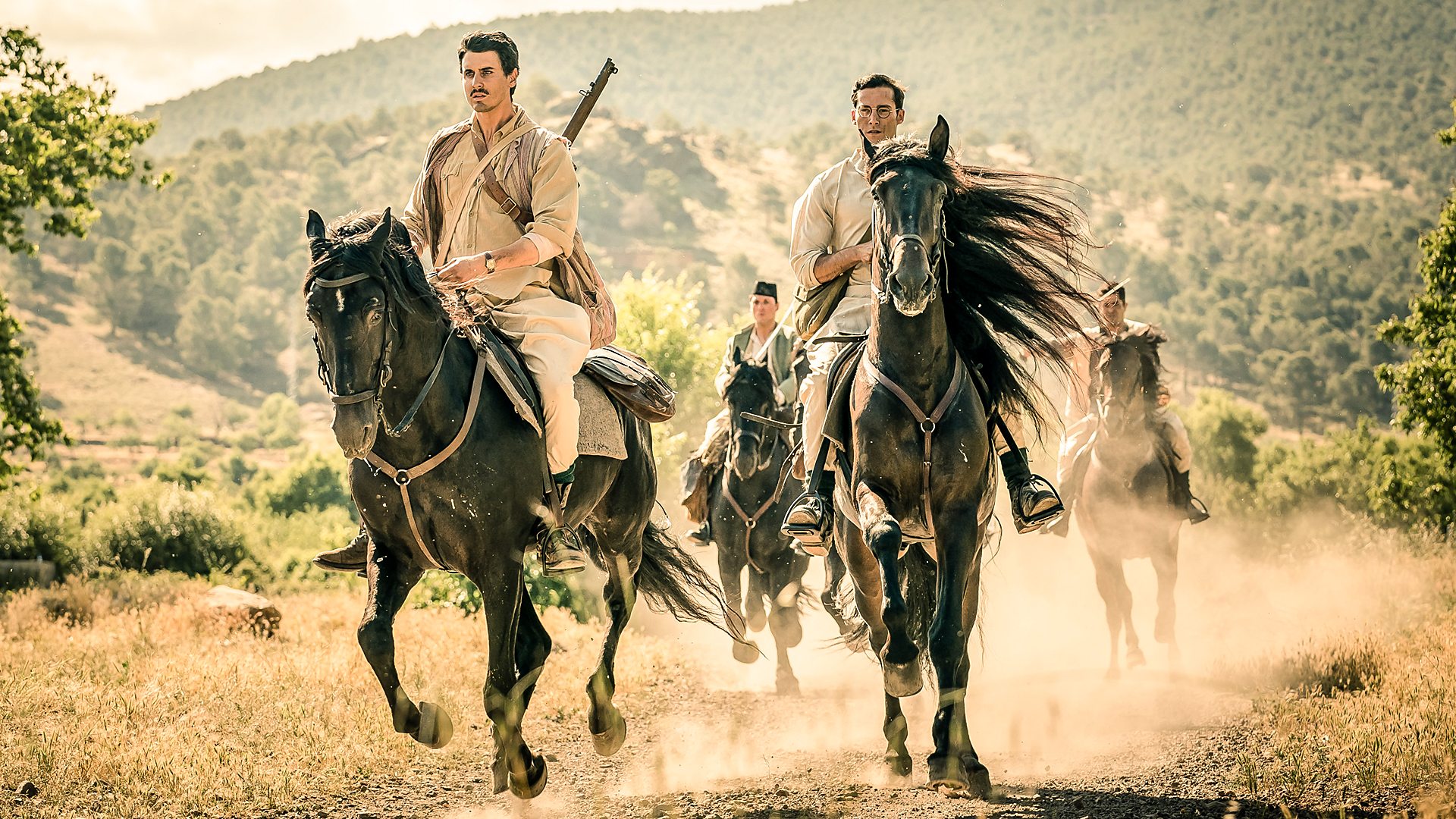
Paradoxically, while that season looked more modern, its aesthetic was cleared down and classical. Critics noted that Chibnall had brought Doctor Who “down-to-earth” and transformed it into something “unshowy, believable and grounded.” Akinola’s reworking of the opening credits music bypassed decades of elaboration to get back to “the original theme.” This was a transparent attempt to create a version of Doctor Who that felt like it was for new viewers as much as old fans.
On one level, it worked. Chibnall’s first episode, “The Woman Who Fell to Earth,” managed to attract a huge audience, becoming the most-watched installment since Matt Smith’s regeneration in “The Time of the Doctor” more than four years earlier. The season’s third episode, “Rosa,” garnered widespread praise (and would win awards) for its attempts to tackle more earnest grounded issues than the science fiction series had in recent years, and fans voted it the best episode of the year.
In some ways, Chibnall took the show back to its roots. The focus on history in episodes like “Rosa,” “Demons of the Punjab,” and “The Witchfinders” evoked the origin of Doctor Who as a show placing a heavy emphasis on “educational experience.” His science fiction scripting and world-building in episodes like “The Ghost Monument” or “The Tsuranga Conundrum” recalled the 1960s work of Terry Nation on scripts like “The Keys of Marinus.”
Ultimately, this success was temporary. Many of the episodes were underwhelming. Despite that huge bump at the start of the season, viewership quickly dwindled with even optimistic discussions conceding that viewer retention was the season’s “Achilles’ Heel.” Indeed, this might explain the sudden shift that took place over the remainder of Chibnall’s tenure. Chibnall’s following seasons leaned more overtly (and perhaps more desperately) into nostalgia and fan service, creating a sharp contrast with this opening run.
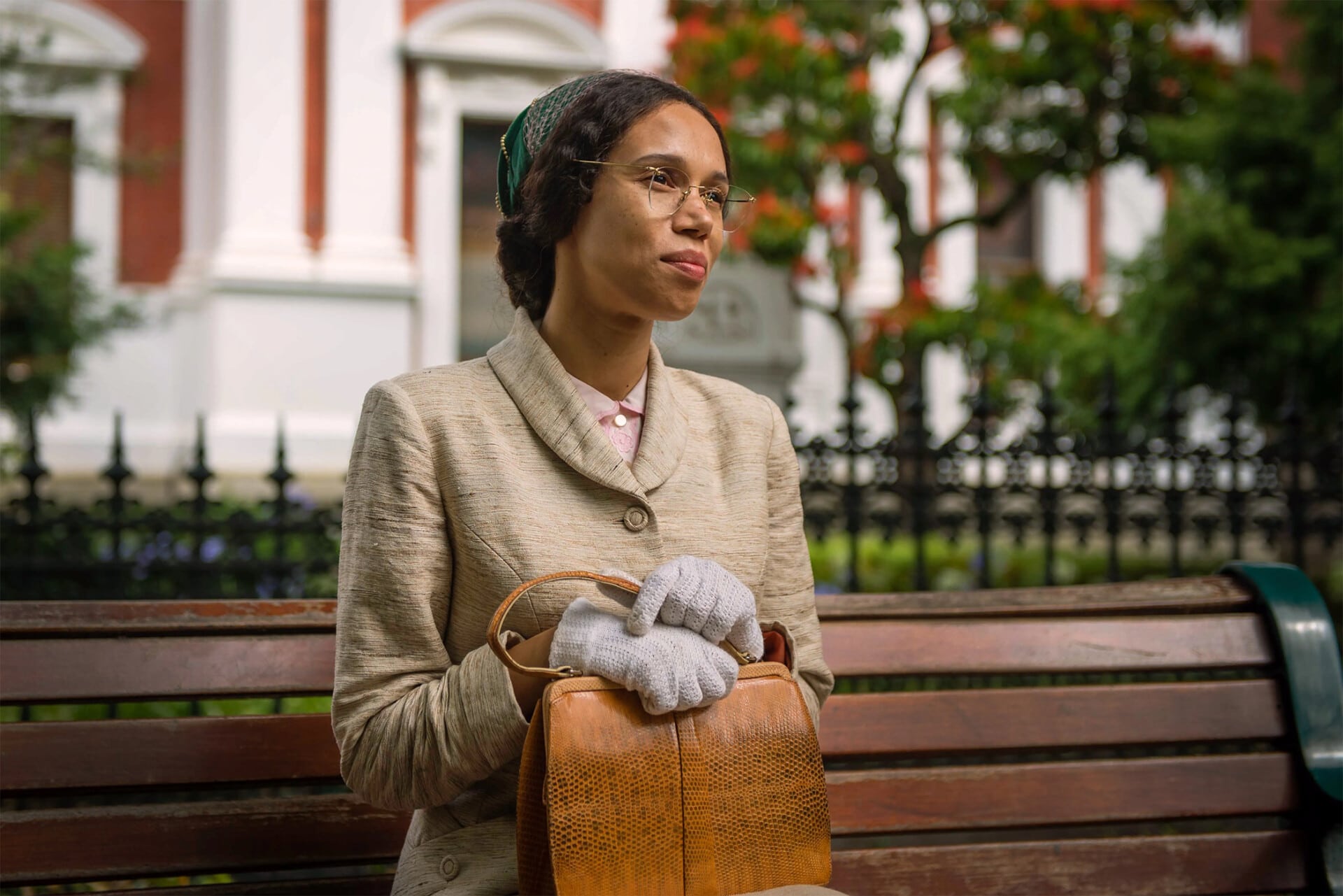
Chibnall’s second-season premiere introduced a new version of the Master, played by Sacha Dhawan. The epic three-part season finale brought back the Cybermen. In the middle of the season, “Fugitive of the Judoon” brought back both the eponymous rhino aliens and former companion Captain Jack Harkness (John Barrowman) from Davies’ tenure. Harkness would also return for Chibnall’s second New Year’s special, “Revolution of the Daleks.”
More broadly, that second season pulled away from the understated minimalism of Chibnall’s original vision. It leaned hard into lore and fan service. The season premiere also brought back the Doctor’s home world of Gallifrey, only to reveal that it had been destroyed (again) off-screen. The season finale, “The Timeless Children,” hinged on a bit of obscure continuity from an episode broadcast in January 1976. This was no longer a show for casual viewers; this was a show for hardcore fans. Ratings sank further.
Chibnall’s third season pushed even further into this trend. Flux was a single story told over six episodes. It marked the return of aliens like the Daleks, the Cybermen, the Sontarans, and the Weeping Angels. It had an entire subplot dedicated to engaging with (and maybe resolving) a dangling continuity ambiguity that only the most hardcore fans cared about. It was big and loud, miles away from the tone that Chibnall had struck at the start of his tenure.
This approach carries through to Chibnall’s final episode, “The Power of the Doctor.” Before delving too deep into the episode itself, “The Power of the Doctor” opens with an obvious allusion to Chibnall’s first episode, “The Woman Who Fell to Earth.” Once again, the Doctor is introduced jumping onto a train. However, there is a clear difference that underscores how sharply the Chibnall era had shifted between its beginning and its end.

In “The Woman Who Fell to Earth,” the Doctor boards a commuter train in Sheffield. She crashes into a real space. In some ways, it is an archetypal Doctor Who moment, the fantastic colliding with the mundane, what former lead Jon Pertwee summarized as the appeal of the series, “a Yeti on your loo in Tooting Bec.” In “The Power of the Doctor,” the Doctor boards a space train attacked by hybrid Time Lords and Cybermen against a green-screen background. Times change.
“The Power of the Doctor” is pure fan service. It features a cavalcade of cameos from previous Doctors (David Bradley, Peter Davison, Colin Baker, Sylvester McCoy, Paul McGann, and Jo Martin) and companions (William Russell, Katy Manning, Janet Fielding, Bonnie Langford, Sophie Aldred, and Bradley Walsh). It brings back the Master, the Daleks, and the Cybermen. It resurrects forgettable villains like Ashad (Patrick O’Kane), the half-converted Cyberman.
If “The Woman Who Fell to Earth” was intended to be accessible to any potential viewer, then “The Power of the Doctor” is inaccessible to all but the franchise’s most hardcore fans. After all, most of those returning guest stars were on Doctor Who long before the show’s current target audience was born. There is so much going on and so much fan service to be delivered that the episode doesn’t manage to work any coherent character or plot into its indulgent 90-minute runtime.
Notably, “The Power of the Doctor” feels more like an incoherent nostalgia bomb than the show’s fiftieth anniversary special overseen by Chibnall’s direct predecessor. To be clear, Steven Moffat was no stranger to fan service. He scripted the first appearance by a classic Doctor (Davison) on the revival for the charity special “Time Crash.” He additionally brought back Tom Baker for a clever cameo opposite Matt Smith in “The Day of the Doctor.”
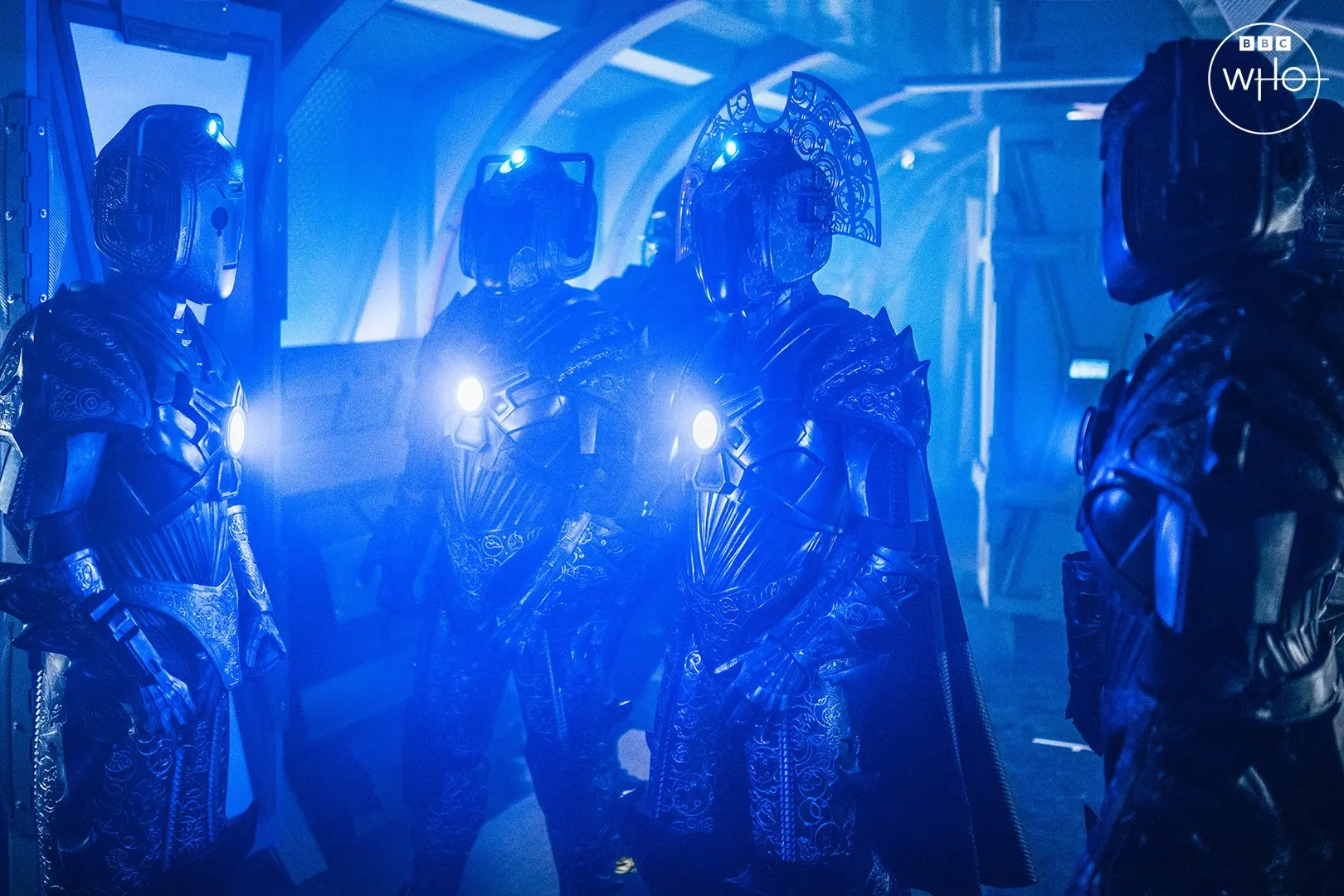
However, Moffat also had the sense to understand that Peter Davison, Colin Baker, and Sylvester McCoy would be “better deployed” in their own separate (delightful) throwback, “The Five(ish) Doctors Reboot,” than in the anniversary special itself. “The Day of the Doctor” had things to say about Doctor Who beyond indulging in hollow nostalgia as a pleasure in and of itself. In contrast, it’s difficult to discern what “The Power of the Doctor” is about beyond fan service.
Of course, “The Power of the Doctor” is of a piece with so much modern pop culture. It’s an episode that feels like it was crafted to recall modern blockbusters like Jurassic World Dominion or even Ghostbusters: Afterlife, to shamelessly evoke the audience’s presumed emotional memory of some past glory rather than attempting to honestly elicit any emotion of itself. Whatever one can say about Chibnall, he’s a writer unafraid to chase the zeitgeist.
His first season featured a new race of alien hunters known as the Stenza as a recurring threat, recalling that The Predator opened in theaters a few weeks before “The Woman Who Fell to Earth.” The Dalek in “Resolution” behaves a lot like the symbiote in Venom, which was released a couple of months before the episode was broadcast. “Spyfall” found the show emulating James Bond a few months before the (original) planned release of No Time to Die.
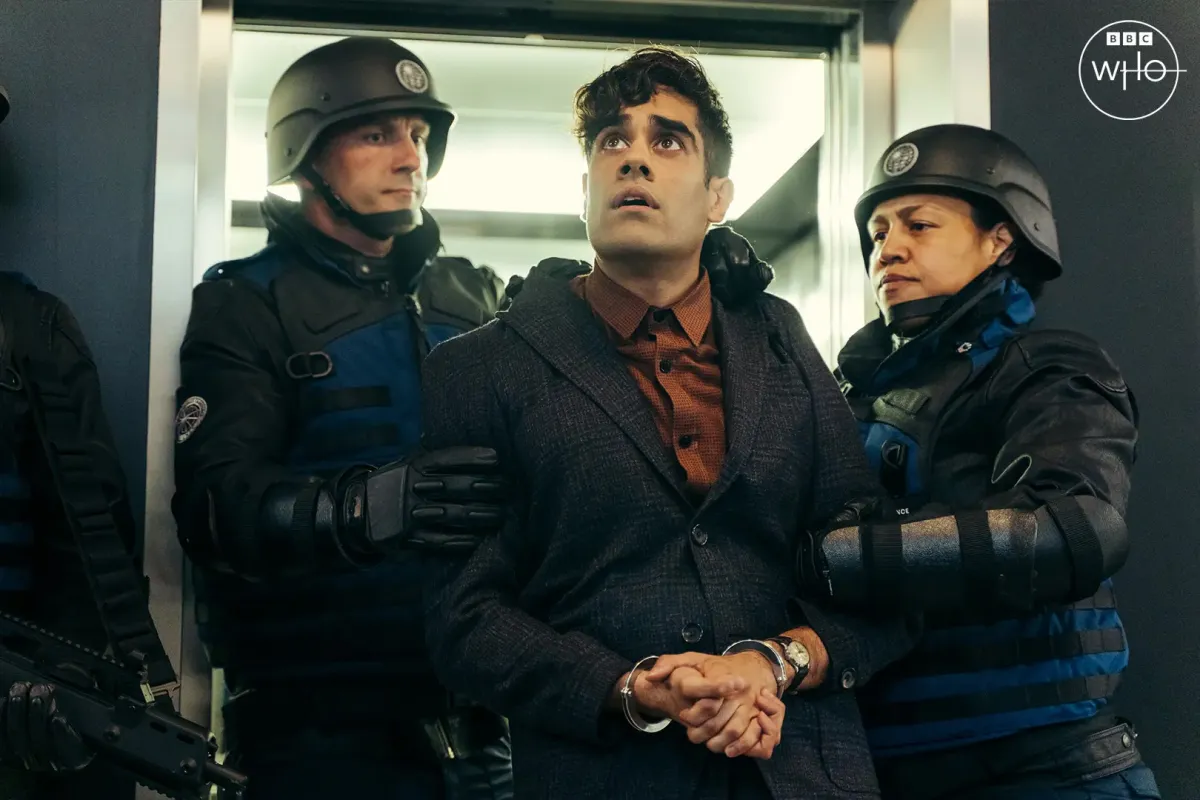
Even the opening sequence of “The Power of the Doctor” is explicitly set on a “bullet train,” suggesting one of the summer’s quieter blockbuster success stories. Chris Chibnall always seemed to have one eye on the long-distance blockbuster release slate writing Doctor Who. This isn’t anything new. 1980s stories like “Earthshock” owed a lot to films like Star Wars and Alien. In some ways, “The Power of the Doctor” feels like Chibnall trying to build an Endgame-level spectacle for Doctor Who.
It doesn’t work, in large part because Doctor Who has never been that kind of franchise and also because those sorts of fan-service blockbusters are often hollow and empty. It also gets at one of the challenges in assessing Chibnall’s time as showrunner. Chibnall’s decisions often seemed reactive, making it hard to discern a cohesive vision for Doctor Who beyond chasing so much contemporary pop culture — the look and feel of the Netflix shows, the fan service of modern blockbusters.
Chibnall’s first season had its flaws, representing a sharp step down from the work of both Davies and Moffat as showrunners. However, it also had a strong identity that was lost in the cacophony that followed. That first year was not great, but it produced “Demons of the Punjab” and “It Takes You Away,” easily the two best episodes of the entire era. It was also the only time that Chris Chibnall seemed more interested in creating a new future for Doctor Who than in chasing a lost past.

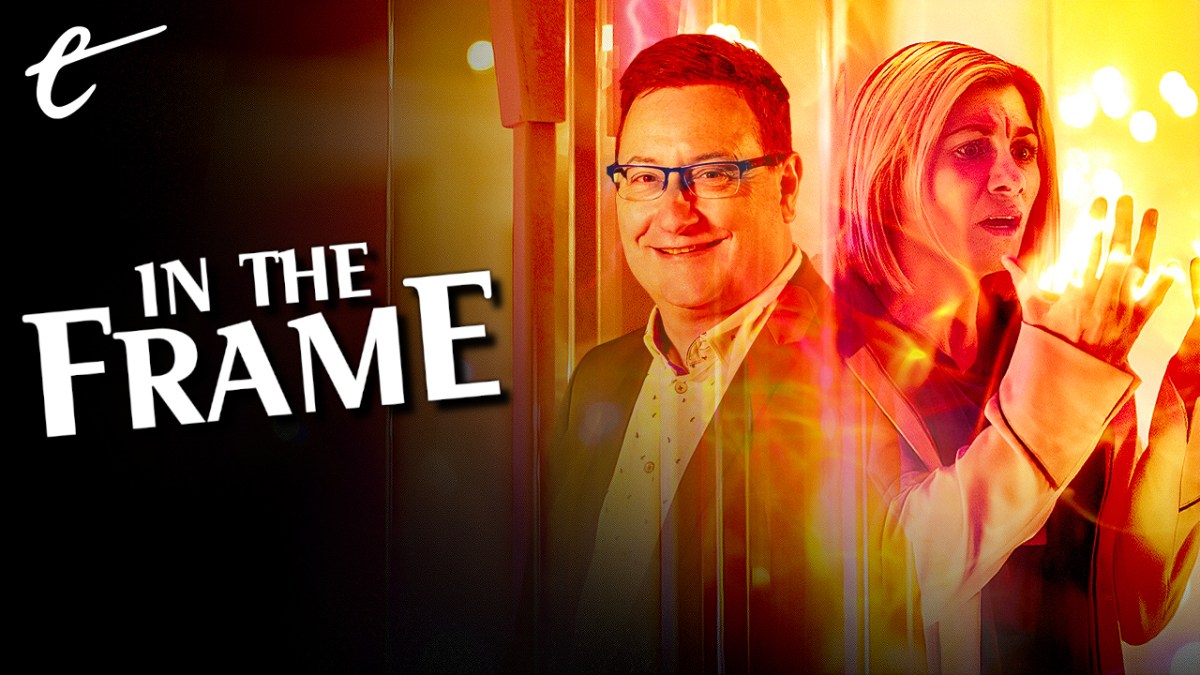




Published: Oct 28, 2022 11:00 am